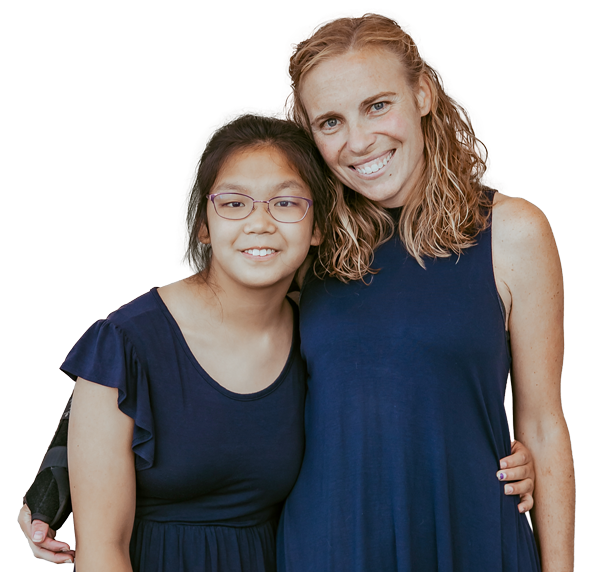Release Details
Living with PKU, United States

Updated Preliminary Data from SMA FIREFISH Program in Type 1 Babies Presented at the CureSMA Conference
"We are delighted that up to 6.5-fold increase of protein production has translated into clinical impact for these babies in the FIREFISH study," said
"I am impressed by the clinical data and the changes reported by the patients' families," stated Dr.
Risdiplam is an investigational splicing modifier targeting the survival motor neuron 2 (SMN2) RNA, restoring a functional transcript. Risdiplam is taken orally, crosses the blood brain barrier, and shows systemic distribution to the organs that are affected by low levels of SMN protein.
Other presentations included an analysis of data from Part 1 of the SUNFISH study which demonstrated that risdiplam administration resulted in a dose-dependent increase in SMN protein levels up to 3.5-fold; pharmacodynamic data from the JEWELFISH trial; and preclinical data demonstrating SMN protein production and distribution, as well as the development of the SMA Independence Scale (SMAIS).
About Spinal Muscular Atrophy (SMA)
Spinal muscular atrophy (SMA) is a genetic neuromuscular disorder that is the leading genetic cause of mortality in infants and toddlers caused by a missing or defective survival of motor neuron 1 (SMN1) gene, which results in reduced levels of SMN protein. The homologous SMN2 gene is predominantly spliced to a truncated mRNA, and only produces small amounts of functional SMN protein. Insufficient levels of SMN protein are responsible for the loss of motor neurons within the spinal cord leading to muscle atrophy and death in its most severe form. It is estimated that this devastating disease affects 1 in every 11,000 children born.
About the SMA Clinical Trials
FIREFISH: An open-label, two-part clinical trial. Part 1 was a dose escalation study in 21 infants. The primary objective of Part 1 was to assess the safety profile of risdiplam in infants and determine the dose for Part 2. Part 2 is a single-arm study with the dose selected in Part 1 in approximately 40 infants with Type 1 SMA for 24 months, followed by an open-label extension. This study is recruiting globally.
SUNFISH: A double‐blind, two‐part, placebo‐controlled trial. Part 1 enrolled patients with Type 2 or 3 SMA to evaluate safety, tolerability, and PK/PD of several risdiplam dose levels. The pivotal SUNFISH Part 2, in non‐ambulant patients with Type 2 or 3 SMA, is evaluating safety and efficacy of the risdiplam dose level selected from Part 1 for 24 months, followed by an open label extension. This study is recruiting globally.
JEWELFISH: An ongoing, exploratory, open-label study to establish the safety and tolerability of risdiplam in people who have previously participated in a study with another therapy targeting SMN2 splicing.
About the SMA collaboration
The SMA program was initially developed by
About
PTC is a science-led, global biopharmaceutical company focused on the discovery, development and commercialization of clinically-differentiated medicines that provide benefits to patients with rare disorders. Founded 20 years ago, PTC Therapeutics has successfully launched two rare disorder products and has a global commercial footprint. This success is the foundation that drives investment in a robust pipeline of transformative medicines and our mission to provide access to best-in-class treatments for patients who have an unmet medical need.
For More Information:
Investors:
+ 1 (908) 912-9327
ehill@ptcbio.com
Media:
+1 (908) 912-9167
jbaj@ptcbio.com
Forward Looking Statements:
All statements, other than those of historical fact, contained in this press release, are forward-looking statements, including statements regarding: any advancement of the joint development program in SMA with PTC,
PTC's actual results, performance or achievements could differ materially from those expressed or implied by forward-looking statements it makes as a result of a variety of risks and uncertainties, including those related to: the initiation, enrollment, conduct and availability of data from either the SUNFISH or FIREFISH studies and the outcome of such studies; events during, or as a result of, these studies that could delay or prevent further development of RG7916, including future actions or activities under the SMA joint development program; our expectations for regulatory approvals; PTC's scientific approach and general development progress; and the factors discussed in the "Risk Factors" sections of PTC's most recent Quarterly Report on Form 10-Q and Annual Report on Form 10-K as well as any updates to these risk factors filed from time to time in PTC's other filings with the
As with any pharmaceutical under development, there are significant risks in the development, regulatory approval and commercialization of new products, including with respect to PTC's joint development program in SMA with
The forward-looking statements contained herein represent PTC's views only as of the date of this press release and PTC does not undertake or plan to update or revise any such forward-looking statements to reflect actual results or changes in plans, prospects, assumptions, estimates or projections, or other circumstances occurring after the date of this press release except as required by law.
![]() View original content:http://www.prnewswire.com/news-releases/updated-preliminary-data-from-sma-firefish-program-in-type-1-babies-presented-at-the-curesma-conference-300667450.html
View original content:http://www.prnewswire.com/news-releases/updated-preliminary-data-from-sma-firefish-program-in-type-1-babies-presented-at-the-curesma-conference-300667450.html
SOURCE